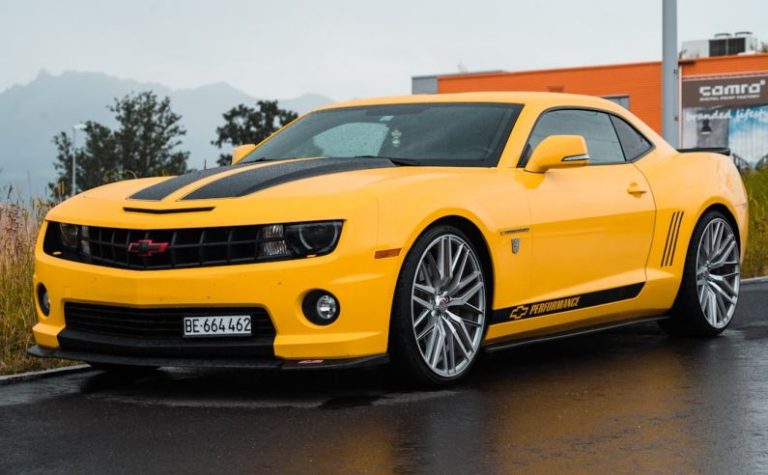Electric Vs. Hybrid Cars: Which Is Right for You?
As the world transitions towards more sustainable transportation options, the debate between electric and hybrid cars has become a hot topic for many consumers. Both types of vehicles offer benefits in terms of reducing emissions and reliance on fossil fuels, but they also have distinct differences that can make one more suitable for individual preferences and needs. In this article, we will explore the key factors to consider when deciding between an electric or hybrid car, helping you make an informed choice that aligns with your lifestyle and values.
Environmental Impact
One of the primary reasons many people choose electric or hybrid cars is their reduced environmental impact compared to traditional gasoline-powered vehicles. Electric cars produce zero tailpipe emissions, meaning they do not release harmful pollutants into the atmosphere while driving. This makes them an excellent choice for those looking to minimize their carbon footprint and contribute to a cleaner environment. On the other hand, hybrid cars still rely on a gasoline engine, but they also have an electric motor that assists in propulsion, leading to lower overall emissions compared to conventional vehicles.
Cost Considerations
When it comes to the cost of purchasing and owning an electric or hybrid car, several factors come into play. Electric cars tend to have a higher upfront cost due to the expensive battery technology, but they typically have lower maintenance and operating costs over time. With fewer moving parts and no need for oil changes or gas fill-ups, electric vehicles can offer significant savings in the long run. Hybrid cars, on the other hand, are usually more affordable upfront than pure electric vehicles, making them a more accessible option for budget-conscious consumers.
Range and Charging Infrastructure
One of the key differences between electric and hybrid cars is their range and the availability of charging infrastructure. Electric cars have made significant advancements in battery technology in recent years, allowing them to offer longer driving ranges on a single charge. However, range anxiety can still be a concern for some drivers, especially when planning long trips or driving in remote areas with limited charging stations. Hybrid cars, with their dual power sources, offer the convenience of not needing to rely solely on charging infrastructure, making them a more flexible option for those who frequently travel long distances.
Driving Experience
The driving experience of electric and hybrid cars can also differ significantly, influencing the decision-making process for potential buyers. Electric cars are known for their quiet and smooth operation, providing instant torque for quick acceleration and a responsive driving feel. On the other hand, hybrid cars may not offer the same level of performance as electric vehicles, but they can still deliver a comfortable and efficient driving experience that appeals to a wide range of drivers.
Lifestyle Factors
When choosing between an electric or hybrid car, it’s essential to consider your lifestyle and driving habits. If you have a short daily commute and access to charging infrastructure at home or work, an electric car could be a practical and eco-friendly choice. On the other hand, if you frequently travel long distances or live in an area with limited charging options, a hybrid car may better suit your needs by offering the flexibility of both gasoline and electric power sources.
Making Your Decision
Ultimately, the choice between an electric or hybrid car comes down to your personal preferences, budget, and driving requirements. By considering factors such as environmental impact, cost, range, driving experience, and lifestyle factors, you can make an informed decision that aligns with your values and priorities. Whether you opt for the zero-emission efficiency of an electric car or the hybrid versatility of a dual-power vehicle, both options offer viable solutions for reducing your carbon footprint and embracing a more sustainable future of transportation.






